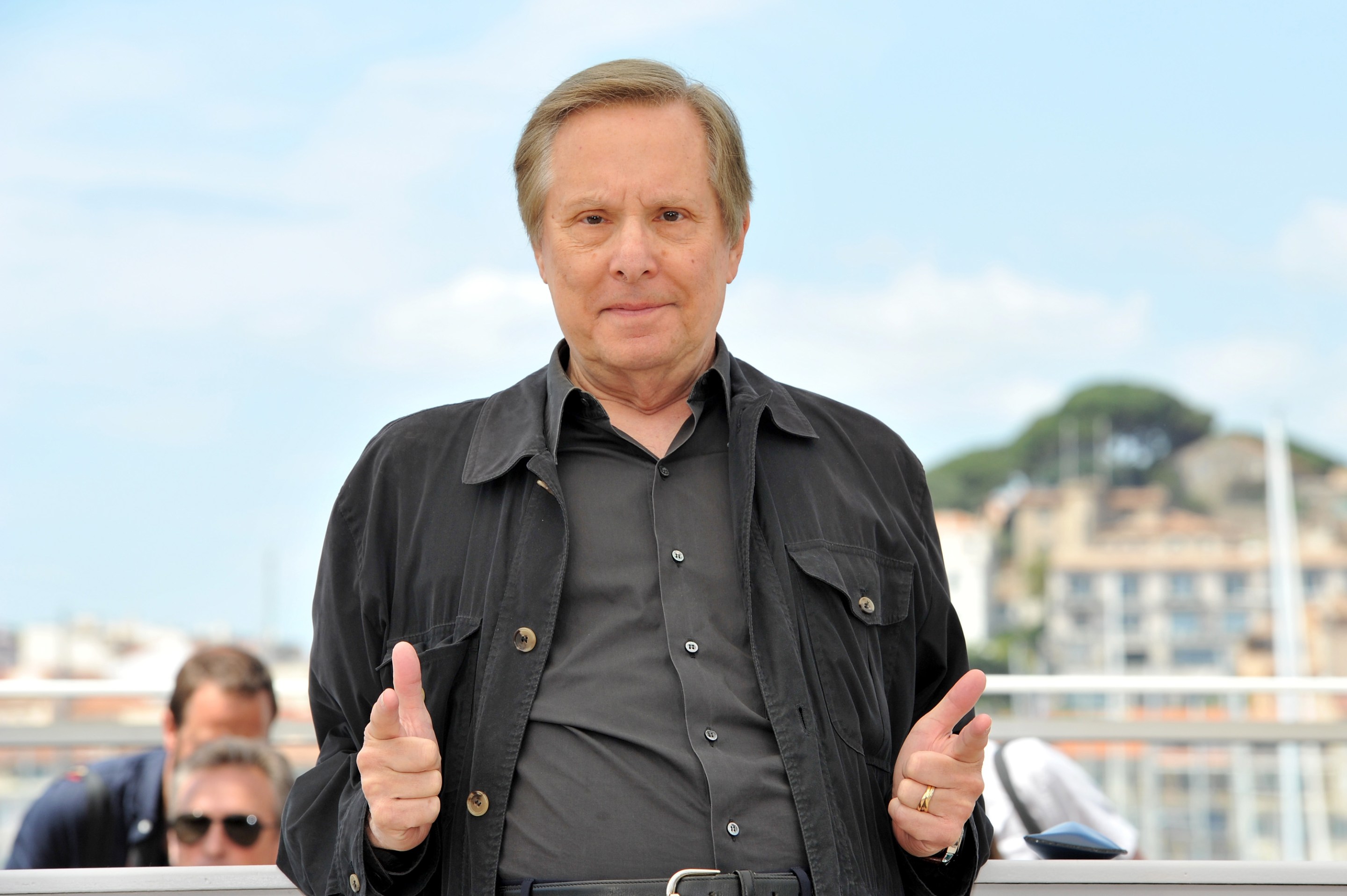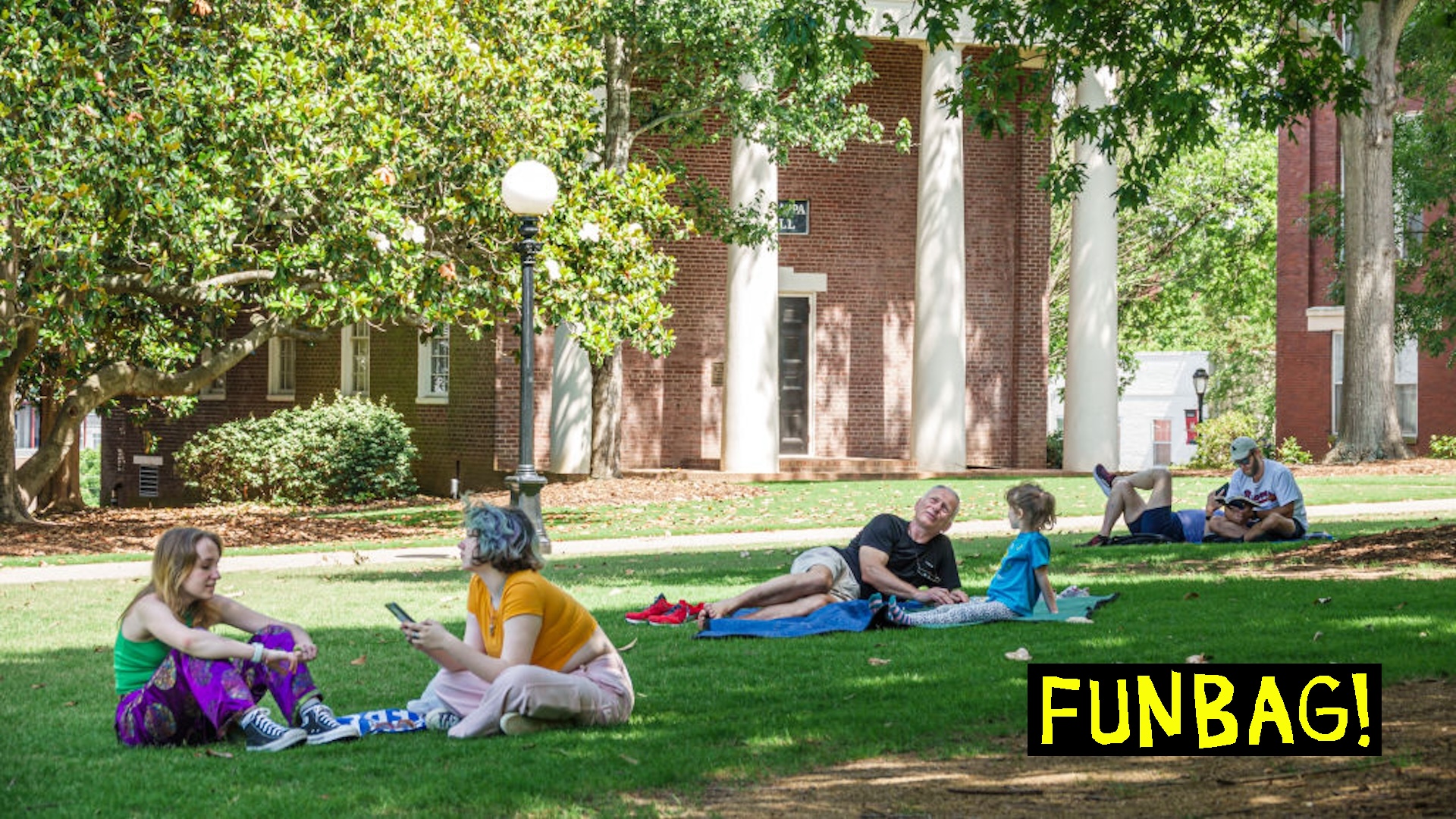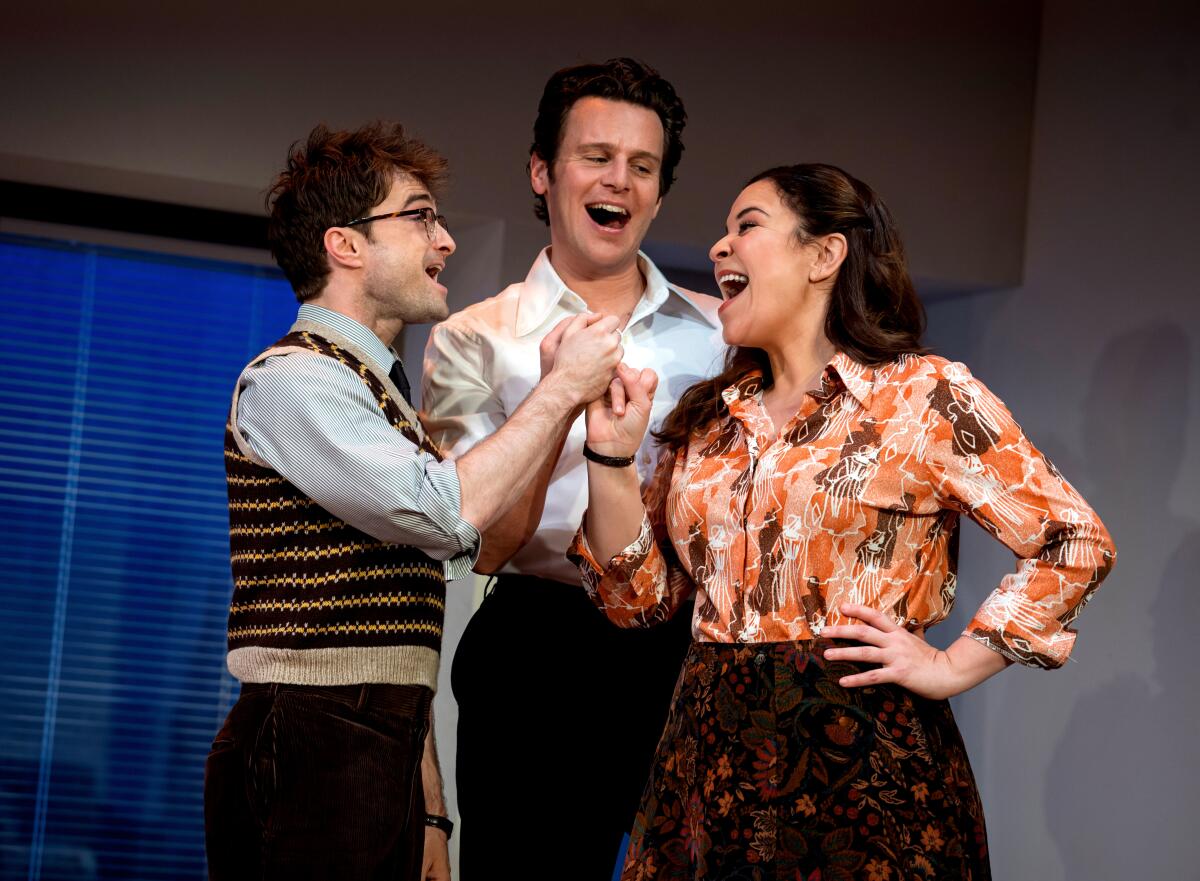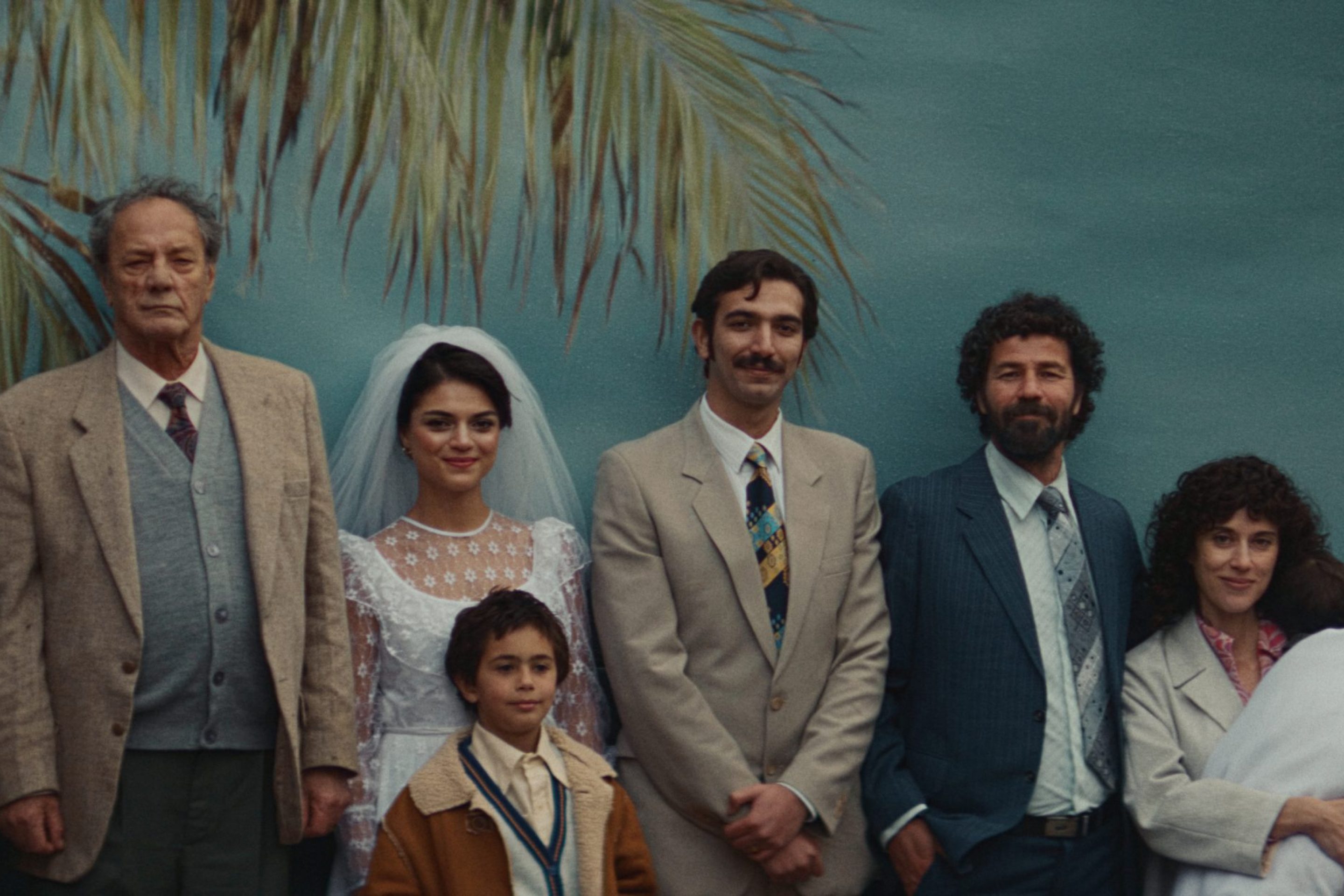William Friedkin was different even for the "New Hollywood" of the 1970s. He wasn't a kid fresh out of film school like a Martin Scorsese, Steven Spielberg, or Francis Ford Coppola, and he wasn't a hippie like Dennis Hopper. He was a poor kid from Chicago who got into movies through documentaries and ended up in Los Angeles at the right time. Friedkin, who died Monday at the age of 87 from heart failure and pneumonia, took what could be called popcorn-fare or B-movie subjects and made them better, nastier and more artfully than thought imaginable at the time, when the studio system had collapsed and suddenly movies were made out in the real world instead of on million dollar film sets.
Friedkin made his name with the one-two punch of The French Connection and The Exorcist. With the former, he challenged the conventional idea of cops as uncomplicated heroes and depicted New York City the way it actually was then: gross, dilapidated and full of grime. With the latter, he pulled out all the stops and pushed the bloody grossness—and the sanity of his actors and crew—as far as he could to make a nauseating, terrifying movie that created a stir once it arrived in theaters and even convinced people that it really was satanic.
But that's what was great about Friedkin's movies, the details and authenticity for even the most absurd things. Some directors make you aspire to be one; they make directing seem fun or exciting. But it was hard to watch a Friedkin film and ever feel like you could pull off even half of the things he did even on his supposed lesser movies. There was always a story about a gangster or criminal specialist that Friedkin had met and befriended that he would need a favor from in order to pull of a shot or get a scene filmed somewhere without a permit. There's a great story he tells about having to bribe a transit manager with enough money and a one-way ticket to Jamaica to film that infamous car chase from The French Connection because he was sure to be fired for helping them. How many of these stories are true? Who knows; but they were just as likely as any other story of how he could pull this shit off.
Friedkin was great at making shit look feral, sweaty, gnarly, and dangerous. And as the world has grown more monotonous, clean, minimalist, and artificial, that grimy reality has been appealing to revisit. Very few filmmakers have as long a list of movies that would never be made today as Friedkin, and many of those would never have made it to the screen without him.
To take all the goodwill garnered by the success of The French Connection and The Exorcist, essentially receive a blank check from the studio and use it to make Sorcerer? This is an insane move and a total heat check, but was absolutely correct—though not from a box office perspective. Sorcerer is an absolute masterpiece and has stood the test of time to be arguably Friedkin's best film. It shows what filmmaking should be all about: blowing rich people's money on an ambitious, death-defying magnum opus that makes no money for anybody but is perfect anyway.
And if you think there was any lesson learned, fear not! Friedkin kept pushing the envelope every chance that came his way. That's how you end up with Cruising, a bonkers movie that sounds like some sort of a fever dream, about Al Pacino as a cop posing as a gay man cruising the gay S&M club scene in order to find a serial killer. A movie that was lambasted and protested and decried (understandably, honestly) by gay activists, but has in recent years seen its own critical reappraisal as an artifact of a New York City that has long since disappeared. (It also has one of the greatest director's commentaries in existence). He used real counterfeit money in To Live And Die In LA, and got real calls from the Treasury Department about it. To Live And Die is a movie that's damn near impossible to find online but it holds a legendary status to those who have seen it for the depiction of LA as a hellscape and yes, another sick car chase that, if you asked Friedkin at least, invented the car-going-down-the-wrong-lane trope. Even his bad movies, like the David Caruso vehicle Jade, are better than you think (not that much better, but still). And as a sports site, it'd be wrong not to mention Blue Chips, the Nick Nolte vehicle that's responsible for Shaq and Penny teaming up in Orlando and one of the first movies to take on booster culture and the enterprise of bribing college athletes.
Friedkin was an outsized character, fit for his outsized movies. The documentary Friedkin Uncut is a must-watch just to hear him talk. He was straightforward, no bullshit, and gloriously mean (just ask Nicholas Winding Refn). It was a performance sure, the kind of pomp and self regard that's disappeared in Hollywood and entered our political realm for some reason instead. He loved to take a piss on the movie business and that attitude tells you everything about why he made films the way he did and why no one could match them. Even at the end he was still making nasty little films like Killer Joe and Bug, movies that need entirely separate blogs to even begin discussing them. He was abrasive and routinely hard to deal with in service of a brutal authenticity that made even the most garish and ridiculous subject matter truer. Friedkin looked at directing not as art but as work, and he truly didn't give a fuck about anything beyond that pursuit. What that says about the person is plenty, both negative and positive. But the movies? Those speak for themselves.






